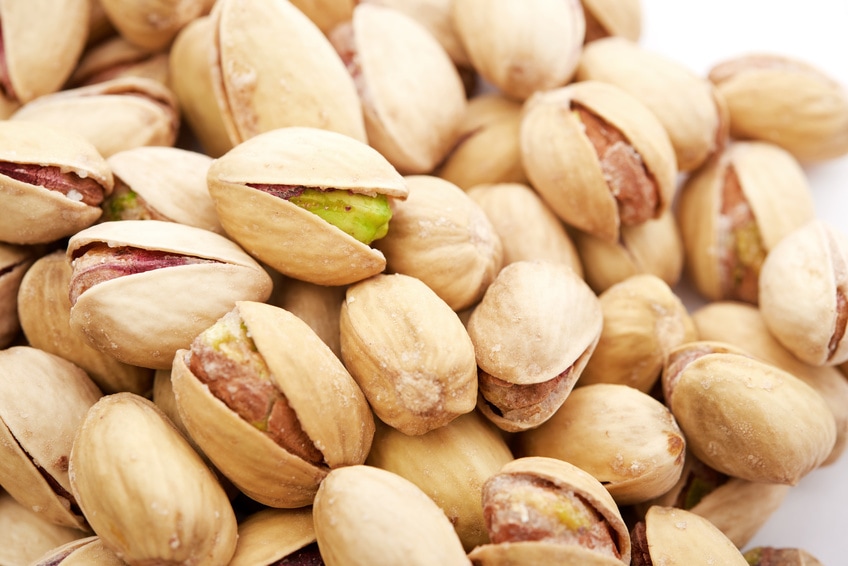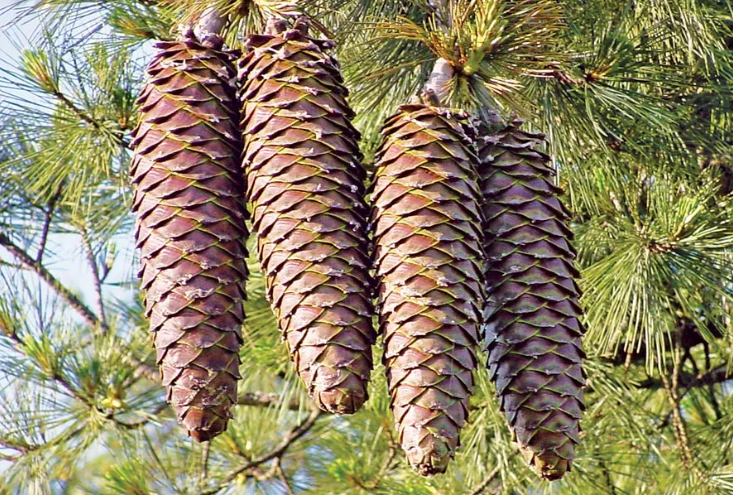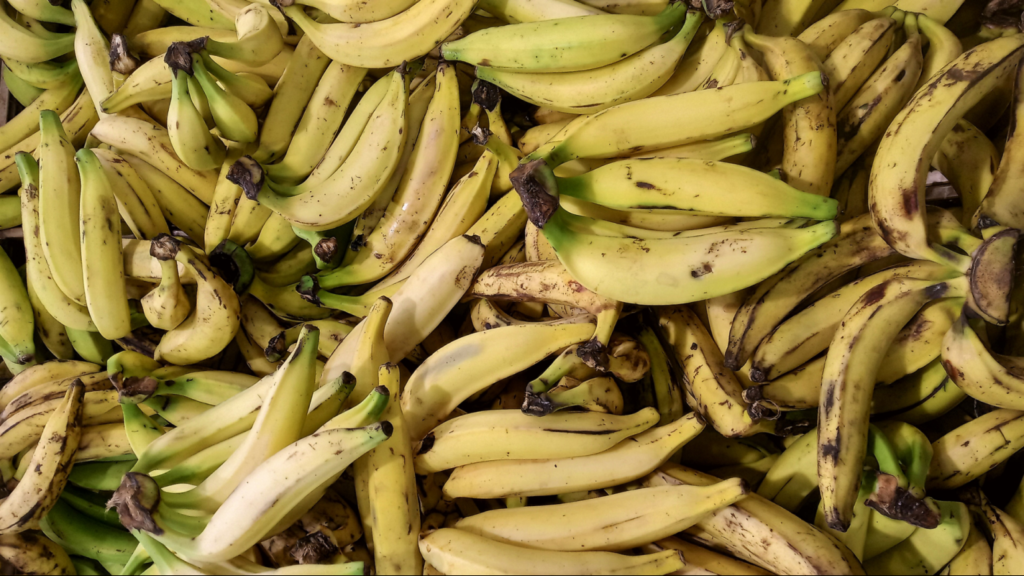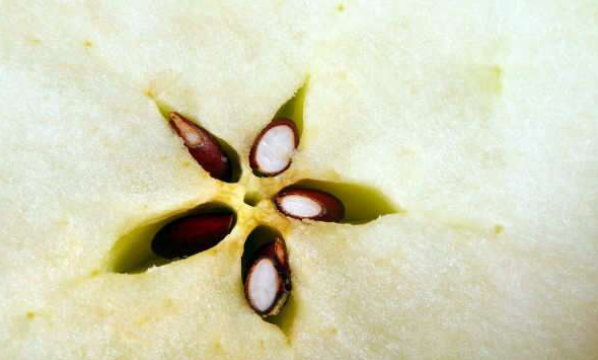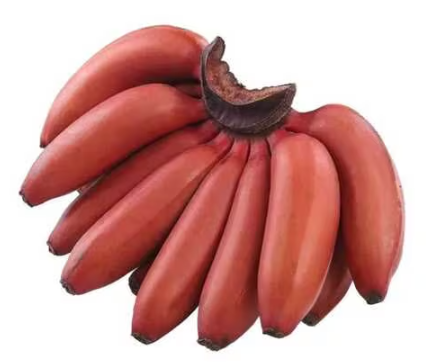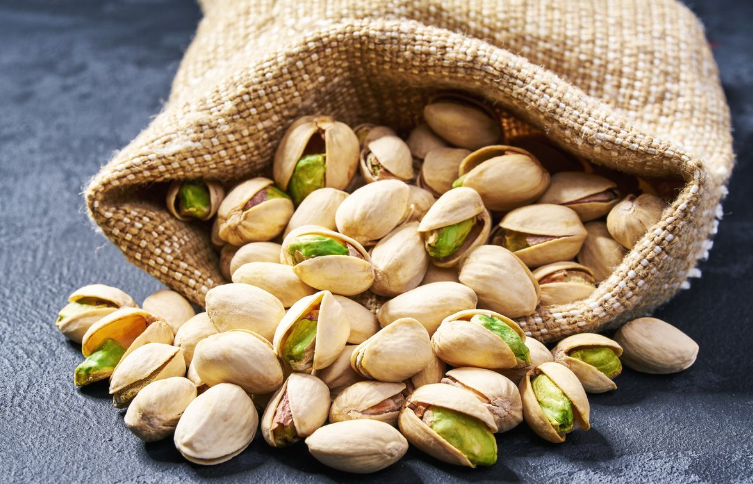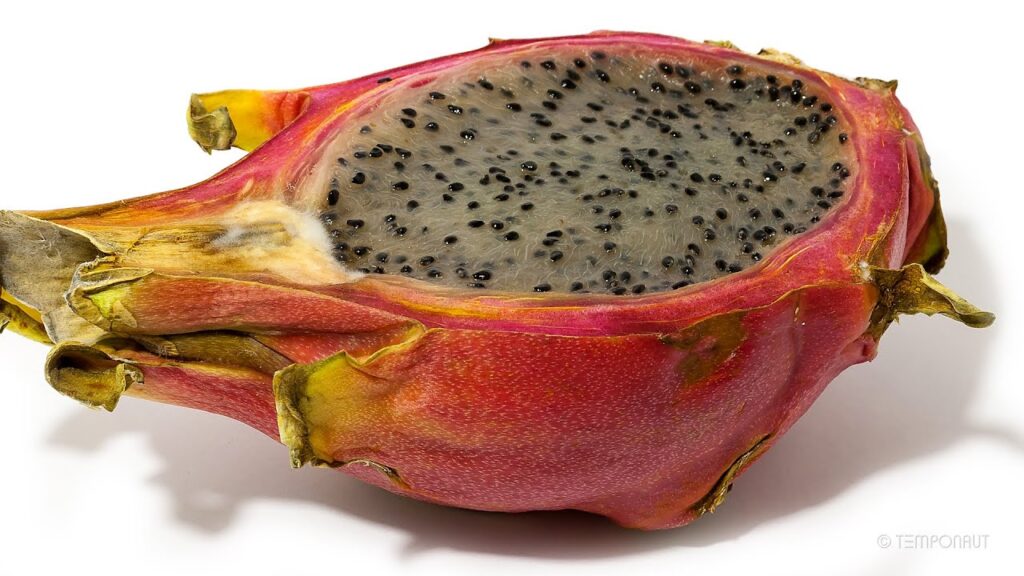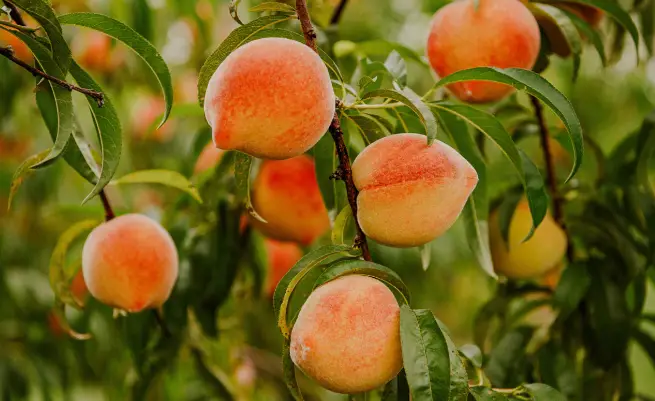When you think of coconuts, you might picture clear blue water and tall palm trees. These fruits are famous not just for their tasty water and creamy white insides, but also for their many uses and health benefits.
We’ll discover many interesting things in this guide, including what makes a fruit tropical, how coconuts came to be, the perfect weather for growing coconuts, what nutrients coconuts have, why they’re good for you, all the ways you can use coconuts in cooking, some favorite coconut recipes, how to pick the best coconuts, steps to crack open a coconut, and tips on keeping coconuts fresh. Plus, we’ll share some cool coconut facts.
Table of Contents
- What Makes a Fruit Tropical?
- Defining Features of Tropical Fruits
- So, Is Coconut a Tropical Fruit?
- The Origins of the Coconut
- What Conditions Do Coconuts Need?
- A Look at the Coconut’s Parts
- What’s Inside a Coconut?
- Why Are Coconuts Good for You?
- Ways to Cook and Use Coconuts
- Some Favorite Coconut Dishes
- Choosing a Perfect Coconut
- How to Open a Coconut
- Keeping Coconuts Fresh
- Fascinating Coconut Facts
- About Coconuts
- Conclusion
- FAQs
- Is coconut water the same as coconut milk?
- Can coconut oil be used for skincare?
- Are coconuts a common allergen?
- Are there different types of coconuts?
- Can coconuts be grown outside of tropical regions?
What Makes a Fruit Tropical?
Tropical fruits are the kinds of fruits that grow best in the warm and humid places near the Earth’s equator. These areas get lots of rain and sunshine and have fertile soil. Tropical fruits come in all sorts of bright colors and unique tastes, and they can be really good for you.
Defining Features of Tropical Fruits
Usually, tropical fruits are juicy and soft, and they can taste sweet, tangy, or even a little bit exotic. They’re full of vitamins, minerals, and things that help your body fight off disease, so not only do they taste great, they make you feel great too.
So, Is Coconut a Tropical Fruit?
Indeed, coconuts are one of the most well-known tropical fruits. They grow naturally in tropical places and are a big part of life there.
The Origins of the Coconut
The coconut has a long story and is thought to come from the Indo-Pacific area. Tropical communities have relied on coconuts for a really long time, using them for food, drink, and other needs. In these places, coconuts are a big part of the culture and food traditions.
What Conditions Do Coconuts Need?
For coconut palms to grow well, they need hot weather, plenty of sunlight, and soil that drains water nicely. They also do well with high humidity and like being near the sea because the air there is moist.
A Look at the Coconut’s Parts
A coconut has different layers. The outer layer is a rough, stringy husk. Next is the tough shell. Inside the shell, you find coconut water, which is super refreshing to drink. There’s also the coconut meat — the white parts you can eat. You can use it fresh or in all kinds of recipes.
What’s Inside a Coconut?
Coconuts are full of good stuff, like healthy fats called medium-chain triglycerides (MCTs) that your body uses for quick energy. They’ve also got fiber to help with digestion, vitamins such as vitamin C, E, and B vitamins for your body’s needs, and minerals like manganese, copper, and potassium to keep you healthy.
Why Are Coconuts Good for You?
Because of all the nutrients they contain, coconuts can help you in many ways. MCTs give you fast energy and might help with staying at a healthy weight. Coconuts have antioxidants that protect your body’s cells from damage. The water inside coconuts can keep you well hydrated and is a natural source of electrolytes.
Ways to Cook and Use Coconuts
Coconuts can be used in so many yummy ways. Drink the coconut water for a cool, refreshing taste or mix it into smoothies and cocktails. Grate the coconut meat and add it to sweet and savory dishes, including curries, desserts, and pastries. Coconut oil, which comes from the meat, is also great for cooking, as well as for your skin and hair.
Some Favorite Coconut Dishes
- Chicken Cooked in Coconut Curry
- Coconut Shrimp with Mango Salsa
- Creamy Coconut Rice
- Coconut Chia Seed Pudding
- Sweet Coconut Macaroons
Choosing a Perfect Coconut
To pick a good coconut, find one that’s heavy and doesn’t have cracks or holes. Give it a shake — you should hear the water inside. Check that the husk is brown and feels tough, without any mold or bad smell.
How to Open a Coconut
Opening a coconut might seem hard, but you can do it with some practice. You can hit the middle of the coconut with a big knife or cleaver until it opens, or you can poke holes in the “eyes” to let the water out and then break it.
Keeping Coconuts Fresh
Once you open a coconut, it’s best to drink the water right away or put it in the fridge for a few days. Keep the white coconut meat in a sealed container in the fridge for a little while or freeze it for later. If you grate it, you can dry it and store it for next time. Coconut oil is fine to keep in a cool, dry place without sunlight.
Fascinating Coconut Facts
About Coconuts
- Even though we often call coconuts a nut, they are in fact a type of fruit as well as a seed.
- The coconut tree is quite tall, reaching a height of about 100 feet. It’s also long-living, with the ability to produce coconuts for an impressive 80 years or so.
- The strong fibers from the outer shell of coconuts, known as coir, are super useful. They are used to create a bunch of things like ropes, mats, and even brushes.
Conclusion
Coconuts are a special kind of tropical fruit that love to grow in places that are warm and damp. People can do lots of things with coconuts—it’s not just about eating them, they’re really good for our bodies too.
Enjoying coconut water can be super refreshing. The creamy white part inside the coconut is delicious and can be eaten by itself or used in cooking. Then, there’s a whole world of coconut products like coconut milk, oil, and flour that you can use for different yummy recipes. Coconuts are not just food; they’re a big part of life for people living in tropical places. So why not dive into all the tasty and exciting ways you can use coconuts and find out what makes them so awesome?

